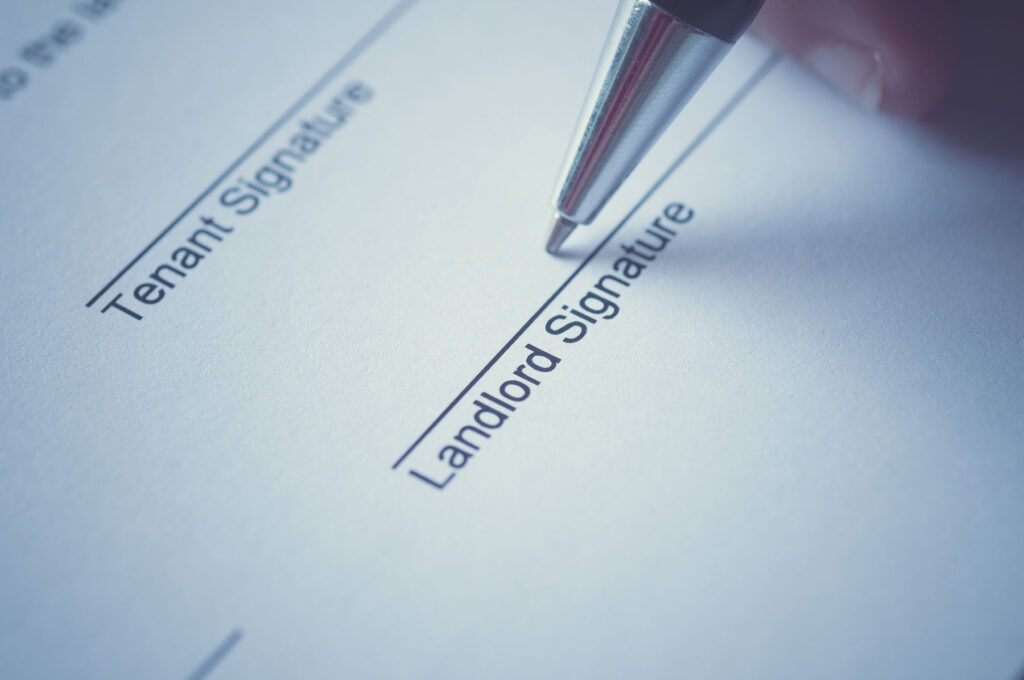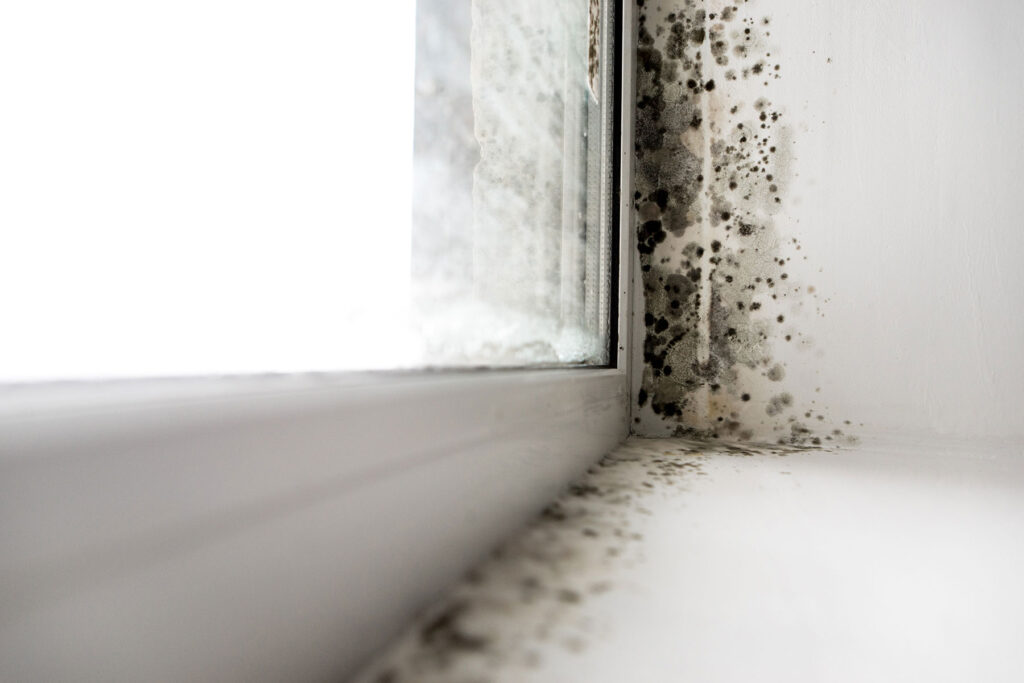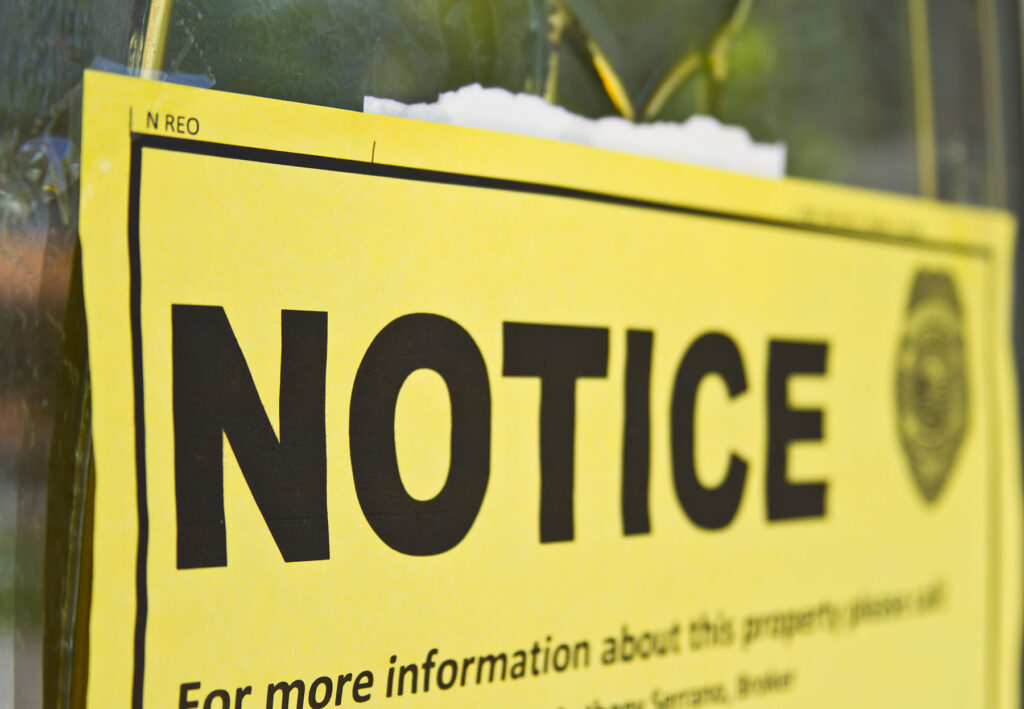At Turk & Milone, LLP we are dedicated to ensuring that our clients receive unsurpassed legal representation. Known throughout New England as “the experts” in landlord-tenant law, the firm presently represents many of the country’s largest and most respected commercial and residential property owners and managers.
Unique Knowledge
At Turk & Milone, LLP we are dedicated to ensuring that our clients receive unsurpassed legal representation. Known throughout New England as “the experts” in landlord-tenant law, the firm presently represents many of the country’s largest and most respected commercial and residential property owners and managers. This experience affords us the unique knowledge base to handle a wide array of legal matters in an efficient and effective manner, often achieving unsurpassed results for our clients.
Turk & Milone, LLP is dedicated to the concept of Preventative Lawyering, seeking to ensure that clients are well informed and educated on the ever-developing aspects of property ownership and management.
Years of Experience
The partners of the firm, Jeffrey C. Turk and Caitlin P. Milone, have a combined forty years of experience with property owners and landlords and are recognized both locally and nationally as leaders in the field. The associates of the firm also focus their practices extensively in this area of law, ensuring that clients have access to quality legal representation at all levels.
The firm presently represents hundreds of commercial and residential landlords in all facets of their businesses, including lease drafting, fair housing, lease enforcement, non-payment and cause evictions, general guidance, and related civil litigation. The firm’s experience and expertise affords our clients the comfort of knowing that they are receiving the very best in legal advice and representation.
Finally, the success of our practice has always been founded on our “one-team” approach to the attorney-client relationship. Rather than merely solving client issues as they arise, we believe in working with clients to prevent problems from arising in the first place. We consider ourselves members of the same team with the mutual goal of ensuring ongoing success for our clients and reducing their overall legal costs.











